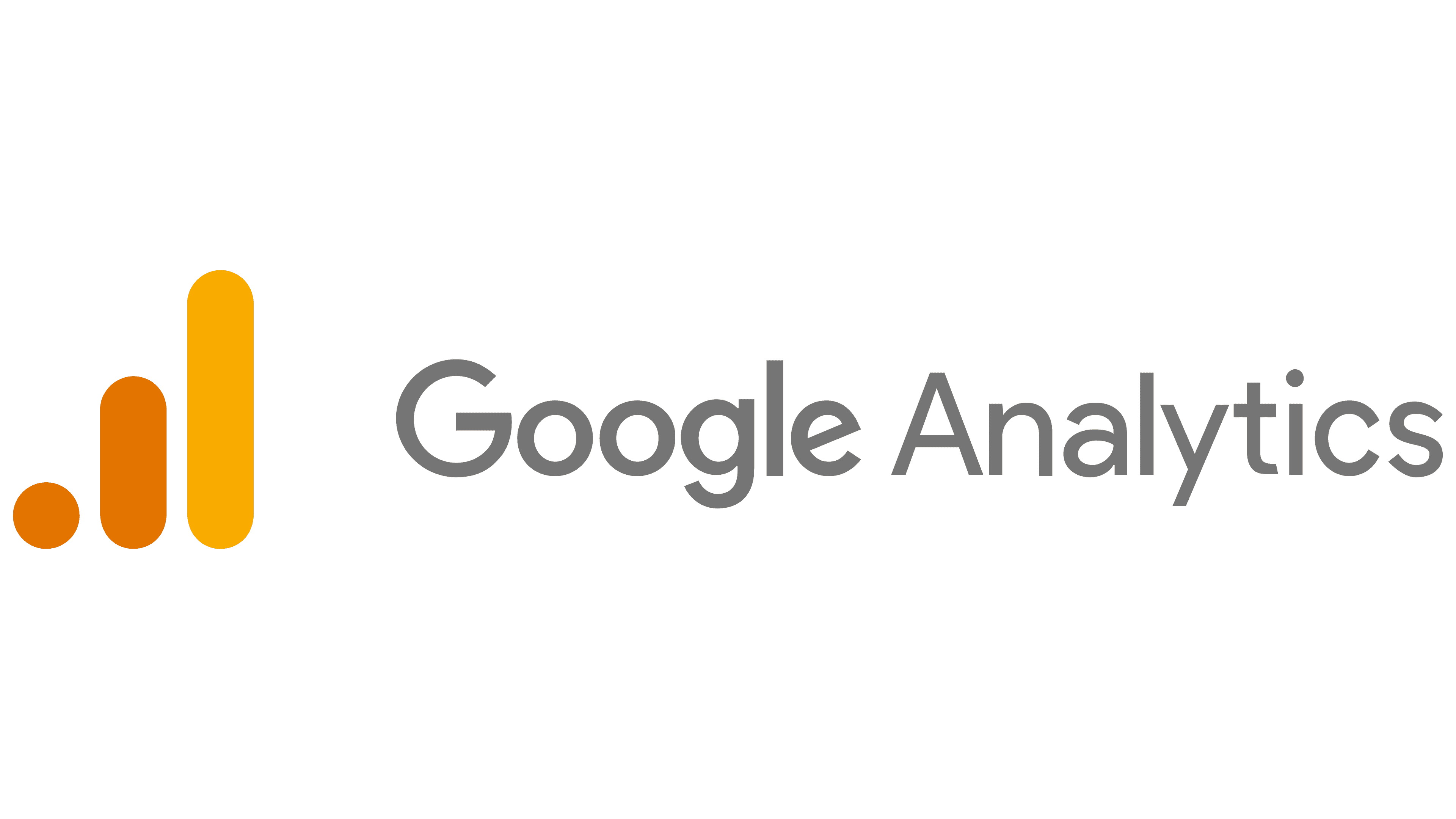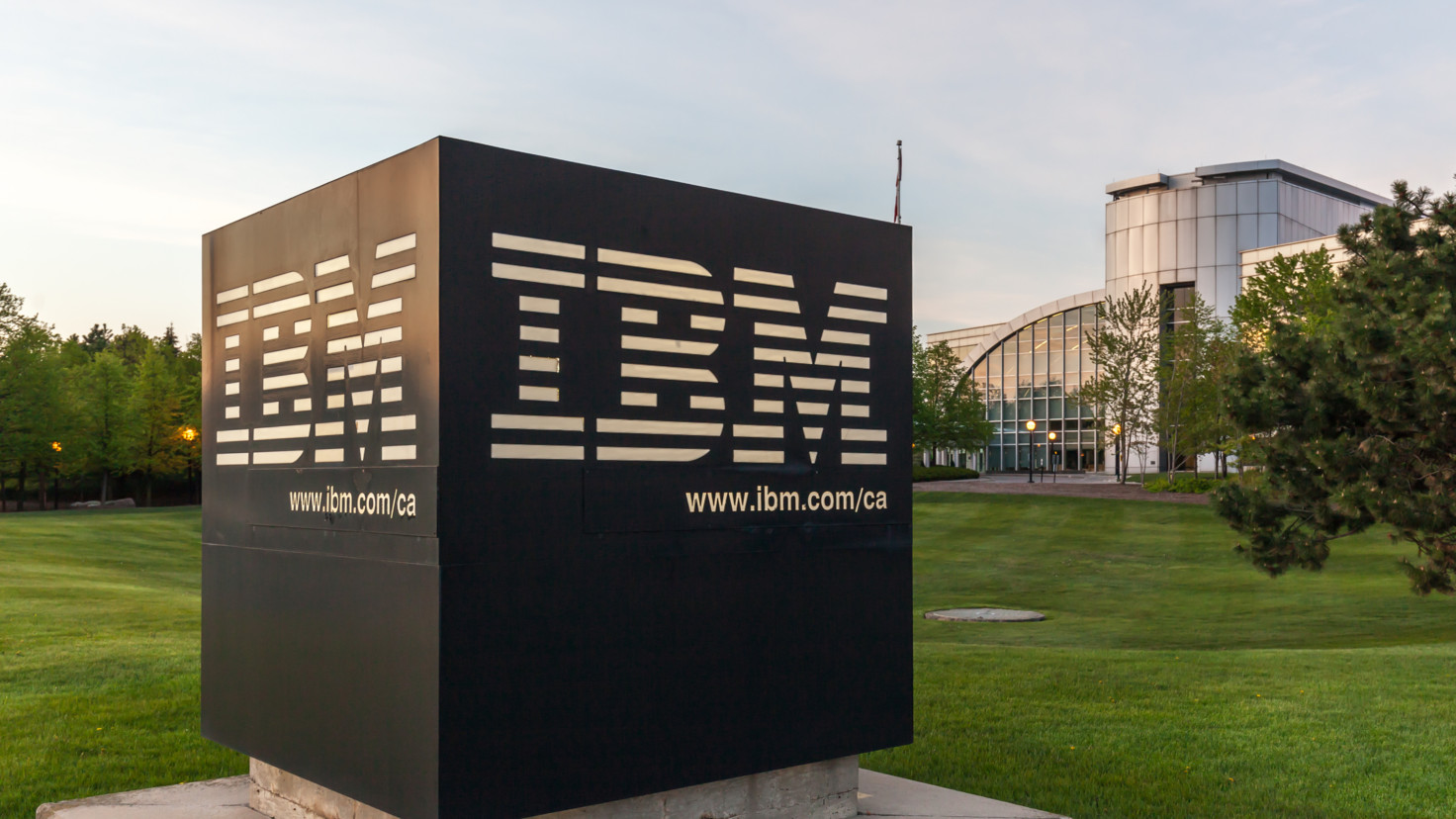
INTRODUCTION
In the United States in 2023, analytics companies are more prevalent than ever. Companies like IBM, Microsoft, Adobe, and Oracle have developed robust analytics solutions that help customers better understand and leverage customer data to make informed decisions.

Additionally, a range of newer companies, such as Databricks, Looker, and Cloudera, are quickly rising in the industry and delivering cutting-edge analytics services to small businesses and large enterprises.
Analytics companies use data science and machine learning to derive insights from customer data. This can include exploring customer buying patterns, unearthing new opportunities for growth or uncovering trends in customer behaviour.
Analytics firms also offer predictive analytics, which helps anticipate future outcomes and guide decision-making. Some specialized analytics companies specialize in marketing automation, social media analysis, fraud detection, and healthcare analytics.
Analytics companies use various tools and techniques to mine data for insights. These include data mining algorithms, cloud computing, statistical analysis, predictive models, and natural language processing. Companies also need experience in data visualization techniques to communicate significant findings to stakeholders.
In 2023, the analytics industry will continue to grow and evolve. Companies across various industries are leveraging analytics to gain valuable insights into their customer base and take advantage of new opportunities.
As the industry matures, organizations will increasingly rely on analytics to inform their strategies and stay competitive in an ever-changing marketplace.
IMPORTANCE
Analytics companies in the USA have become increasingly important in 2023, as businesses and organizations rely on them to glean valuable insights from their data. By understanding trends and providing information that can help make decisions, analytics firms are impacting many industries.
In financial services, analytics companies help banks better understand their customer’s needs, track investments, and meet regulatory requirements. Analytics companies provide healthcare professionals with insights into treatments, patient outcomes, and cost-effectiveness.

In retail, analytics companies help retailers optimize pricing strategies, improve inventory management, and identify potential customer segments. In advertising, analytics companies help marketers target their audiences more effectively and increase sales.
Analytics companies also enable organizations to monitor their operations better, reduce risk, and improve efficiency. As data becomes more complex and changes rapidly, analytics companies will continue to be an essential part of any organization’s strategy in the years ahead.
Here are the top 10 best analytics companies in USA in 2023
Microsoft – Microsoft is a multinational technology company headquartered in Redmond, Washington. Founded in 1975, it has become one of the world’s largest software companies and one of the most valuable companies in the world. Microsoft develops, manufactures, licenses, supports, and sells computer software, consumer electronics, personal computers, and related services.
It also produces Xbox game consoles and Surface tablets, as well as cloud computing, artificial intelligence, and other products. Microsoft has over 144 thousand employees in more than 190 countries. The company is committed to creating products that empower people and organizations around the world. Microsoft’s mission is to “empower every person and every organization on the planet to achieve more.”
Microsoft offers a range of products and services, including Office, Windows, Dynamics 365, Bing, LinkedIn, Outlook, Skype, and Teams. Microsoft provides its users with enterprise-level security and reliability, ensuring their data is secure and always accessible. Microsoft has invested heavily in research and development, investing over $10 billion each year to develop new technologies and products.
Microsoft also has a strong commitment to sustainability, aiming to reduce emissions, increase renewable energy use, and promote recycling. Microsoft has been widely recognized for its corporate responsibility initiatives, such as its philanthropic efforts, employee volunteerism, and community involvement.
Microsoft has become an industry leader in innovative products, services, and solutions, offering customers and partners the best possible experience.
Google – Google is one of the world’s largest and most influential tech companies. Founded in 1998 by Larry Page and Sergey Brin, Google began as a search engine and has since grown to become a leader in a wide range of fields, including cloud computing, artificial intelligence, augmented reality, the internet of things, digital payments, machine learning, and more.

Google currently employs over 135,000 people across its various offices and locations worldwide, with its headquarters located in Mountain View, California. Google’s market capitalization was valued at over $1 trillion in February 2021, making it one of the world’s most valuable companies.
Billions of people around the world use Google’s products, and its search engine remains the most popular on the web. Over the years, Google has diversified its business to focus on growing segments such as advertising and cloud services, which accounted for nearly two-thirds of its total revenues in 2019.
As part of its commitment to technology, Google has invested heavily in research and development and continues to be at the forefront of innovation.
Its mission is to “organize the world’s information and make it universally accessible and useful” – a goal that continues to guide the company today.
Salesforce – Salesforce is a global cloud computing and customer relationship management (CRM) software provider. Founded in 1999, the San Francisco-based company has experienced tremendous growth, becoming one of the most popular CRM platforms in history.
Salesforce offers organizations an easy way to manage customer information and interactions, streamline operations, and access data through analytics and insights. The platform allows businesses to customize their own CRM solution and leverage the power of artificial intelligence and machine learning for predictive analysis.
Salesforce also provides products for marketing automation, business analytics, and e-commerce. Its comprehensive suite of services makes it easier to focus on sales, customer service, and collaboration, allowing businesses to improve customer experiences and grow revenue.
Additionally, Salesforce provides industry-specific solutions such as Financial Services Cloud, Health Cloud, Education Cloud, and Manufacturing Cloud, designed to help organizations in those industries meet their specific needs.
With its innovative technology, cloud-based infrastructure, and scalability, Salesforce is the go-to platform for businesses looking to gain a competitive edge.
IBM – IBM is an American multinational technology company headquartered in Armonk, New York. The company was founded in 1911 and has since become a global leader in the information technology industry. IBM has developed and manufactured a wide variety of products related to computing technology, ranging from personal computers and servers to enterprise software solutions.

IBM also manufactures and sells a variety of IT services and consulting, such as cloud computing, artificial intelligence, business analytics, blockchain, and cybersecurity solutions.
IBM has over 350,000 employees working in more than 170 countries around the world, making it one of the largest employers in the world. The company also has a presence in many industries, including finance, healthcare, retail, communications, media, automotive, and manufacturing.
IBM has made a number of acquisitions over the years and has invested billions of dollars into research and development of cutting-edge technologies, such as quantum computing, AI, and machine learning, to stay competitive in the fast-changing digital economy.
IBM’s business model is centred around creating value for their customers by providing them with innovative solutions that leverage its cutting-edge technology. The company focuses on delivering high-value client outcomes through its cloud, AI, and data-driven insights.
IBM also works closely with partners to provide integrated solutions that bring together the best of both worlds – IBM’s technology expertise and the partner’s industry knowledge. IBM also invests heavily in training its employees to ensure they are up-to-date with the latest technologies and trends.
Oracle – Oracle is a multinational technology company headquartered in Redwood City, California. It provides services in cloud computing, database software, enterprise software, and hardware systems. Oracle was founded in 1977 by Larry Ellison and Bob Miner as a small start-up focused on building relational databases.
Over the years, Oracle has evolved to become one of the largest technology companies in the world, offering products and services in various industries ranging from finance to healthcare. Oracle’s flagship product is the Oracle Database, an Enterprise Relational Database Management System (RDBMS).
Oracle also offers a host of other products and services, including the Oracle Cloud Platform, engineered systems such as Exadata, Big Data solutions, software development tools, and many more. The company also provides technical support, training, and consulting services. Oracle is committed to innovation, providing cutting-edge solutions that help organizations achieve their goals.
Oracle has been recognized with numerous awards and accolades, including being named one of the best places to work in the world.
Adobe – Adobe is a multinational computer software company specializing in the creation of multimedia and creativity software products. Founded in 1982 by Charles Geschke and John Warnock, Adobe is headquartered in San Jose, California, and has grown to become a leader in digital media and digital marketing solutions.

Adobe’s products are used by professionals and consumers alike in several industries, including publishing, photography, design, video, web development, and engineering.
Adobe’s products include Creative Cloud, Acrobat Reader, Photoshop, Illustrator, InDesign, Dreamweaver, Flash, Premiere Pro, After Effects, Lightroom, Audition, and Animate.
In addition to these flagship products, Adobe also offers a range of services, such as document cloud and analytics, to help customers optimize their digital experiences. Adobe has become a major player in the digital advertising industry with its acquisition of Marketo and its move into ad tech.
Adobe also offers enterprise-level solutions designed to help businesses streamline their operations and enable efficient customer experience across all departments. Adobe’s products are designed to help businesses create more personalized experiences for their customers and to drive increased engagement and revenue.
Adobe has continued to make advances in the AI space, leveraging machine learning, natural language processing, and computer vision technology to improve customers’ experiences.
Adobe continues to be a leader in the digital media industry, creating innovative products and services aimed at helping customers be more successful and productive.
As it continues to expand, Adobe looks to remain a global leader in digital media and marketing solutions, enabling customers from all over the world to create better experiences and increase their bottom line.
Tableau – Tableau is a software company that specializes in data analysis and visualization. Founded in 2003 by three Stanford graduates, Tableau makes it easy for people to analyze, visualize, and share their data. Tableau’s products are used by organizations across the world, ranging from small businesses to Fortune 500 companies. With its intuitive data exploration tools and visualizations, Tableau simplifies the process of understanding data and uncovering insights.
Tableau also offers self-serve analytics with Tableau Prep, customizable dashboards with Tableau Server, and embedded analytics with Tableau Online. Tableau is headquartered in Seattle, Washington and has operations in more than 150 countries around the world, with offices in the United States, Canada, France, Germany, Japan, Singapore, Mexico, Australia, and New Zealand.
The company has more than 5,000 employees and customers in over 100 countries. Tableau is committed to helping people see and understand data and believes that data is the most powerful tool we have to solve the world’s toughest problems.
By making data accessible and actionable, Tableau enables everyone—from individuals to large organizations—to quickly gain insights and make better decisions.
SAS – SAS is a multinational software and services company based in Cary, North Carolina. Founded in 1976, SAS provides advanced analytics, data management and visualization solutions for businesses, government agencies and academic institutions around the world. The company has over 13,000 employees in more than 140 countries and serves over 80,000 customers.

SAS’s core business is in providing software and consulting services to help organizations manage, analyze and visualize their data. The company offers a wide range of services, from enterprise-level analytical platforms to one-time consulting engagements. In addition to software, SAS also provides cloud computing, analytics as a service, and predictive analytics products.
SAS is renowned for its leading analytics capabilities and extensive consulting expertise. Its experienced team of data scientists, technical experts, and industry veterans can provide customized solutions ranging from data analysis to model development and deployment. The company’s commitment to excellence is reflected in its many awards, including being named an “Enterprise Data Analytics Leader” by Forrester in 2020.
SAS’s portfolio of products and services also includes machine learning and artificial intelligence (AI), natural language processing (NLP), data mining, data discovery, prescriptive analytics, forecasting, and optimization. Through partnerships with leading technology providers, such as Microsoft and Amazon Web Services, SAS customers can leverage cutting-edge analytics tools and techniques to identify trends, optimize processes and improve decision-making.
SAS is committed to helping its customers succeed in today’s data-driven world. With its powerful suite of analytics and AI capabilities, SAS is helping organizations across industries transform their businesses, gain insights from data, make better decisions, and maximize value from their investments.
SAP – SAP is a leading enterprise software company providing cloud-based business applications for organizations around the world. Founded in 1972, SAP has become one of the largest software companies in the world, and its products are used in more than 180 countries. SAP focuses on helping customers become best-run businesses by providing innovative solutions to their unique business needs.
Their services cover finance, human resources, supply chain management, customer service, engineering, analytics, and more. SAP’s suite of products helps organizations maximize efficiency, reduce costs, and prepare for the future. SAP’s goal is to help organizations become “intelligent enterprises” that can quickly adapt to changing markets and customer demands.
SAP’s cloud platform enables customers to connect data from various sources and gain insights from the data to drive faster decision-making. SAP is constantly developing new technologies to improve its products and offer customers the best user experience possible.
With its large global network, SAP gives customers the ability to work together with customers and partners to solve their toughest business challenges.
Splunk – Splunk is a leading data platform company that provides products and services designed to help organizations make data-driven decisions. Splunk’s core product, Splunk Enterprise, is an analytics platform that combines machine learning and artificial intelligence with natural language processing (NLP) capabilities to provide real-time insights into large datasets.

Splunk also offers other innovative products such as Splunk Cloud, an analytics platform hosted on cloud servers, Splunk Insights for IoT, and Splunk Analytics for Hadoop.
Splunk Enterprise is the core product behind Splunk’s analytics solutions, enabling customers to quickly and easily search, analyze, and visualize their data. The platform allows users to explore data from any source, including logs, metrics, events, alerts, and more. It also includes features like NLP-based advanced data exploration, data visualization tools, machine learning algorithms for uncovering insights, and predictive analytics.
Splunk Cloud takes the same core product and makes it available via cloud computing, offering a secure and reliable way to access and analyze data across multiple clouds and platforms.
Splunk Insights for IoT is a suite of analytics and machine learning technologies to help companies glean actionable insights from the massive amounts of data generated by connected devices. Splunk Analytics for Hadoop is a comprehensive solution that brings together Splunk’s powerful analytics and machine learning capabilities with Apache Hadoop to give organizations a complete view of their big data.
Overall, Splunk is a leader in the big data and analytics space, offering products and services designed to help organizations gain valuable insights from their data. Its range of products provides analytics solutions for various use cases and industries, giving customers the ability to make smarter decisions based on data-driven insights.
CONCLUSION
2023 has seen a huge surge in the number of analytics companies in the United States. Companies such as Google, Amazon, Microsoft, and IBM have all made significant investments in data analytics and artificial intelligence capabilities.
In addition, many smaller startups are entering the market, offering innovative solutions to customers. These companies leverage cutting-edge technologies to help businesses make better decisions, optimize processes, and gain insights from their own data.
As digital transformation continues to grow, analytics companies will become increasingly important for businesses looking to stay ahead of the competition.




